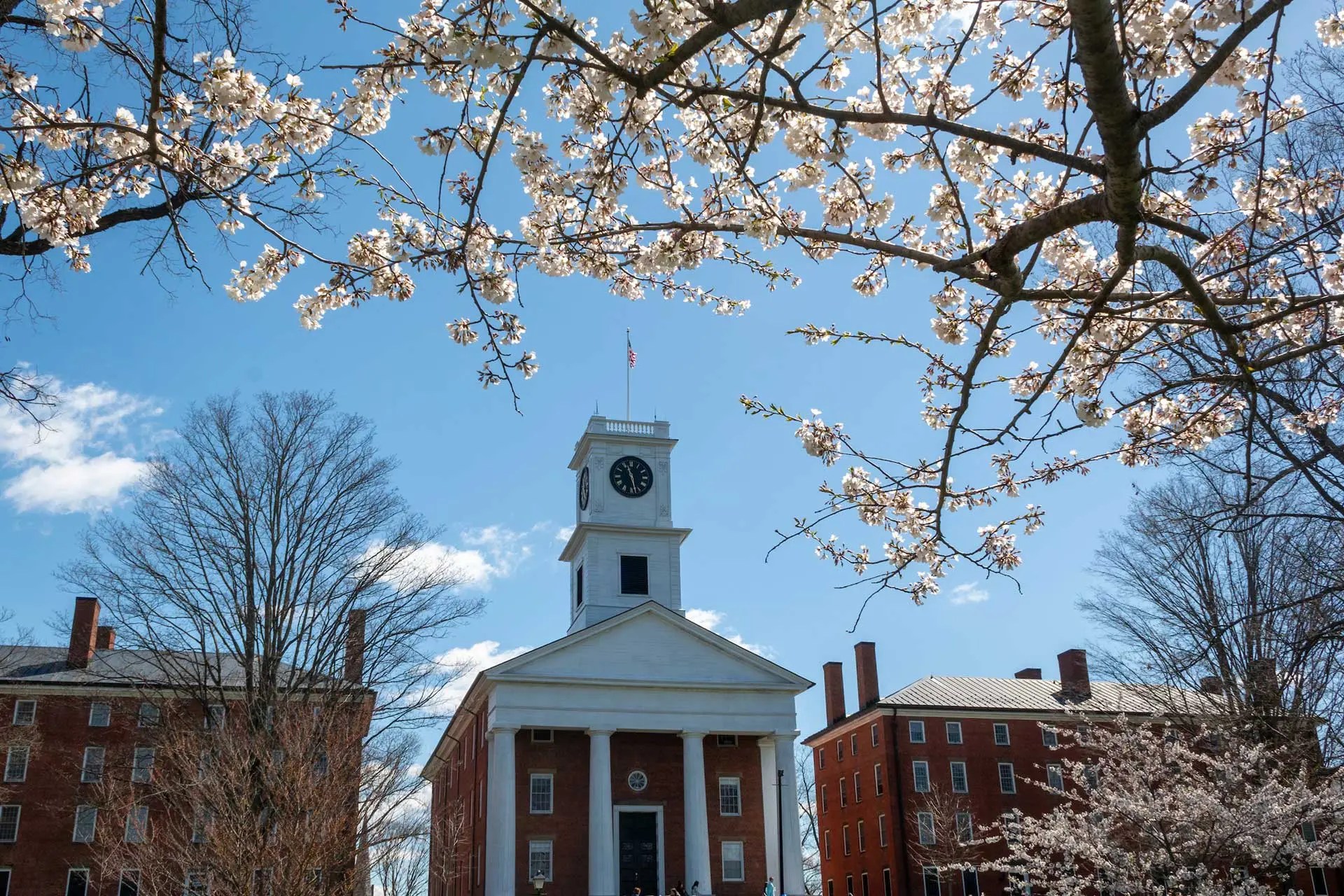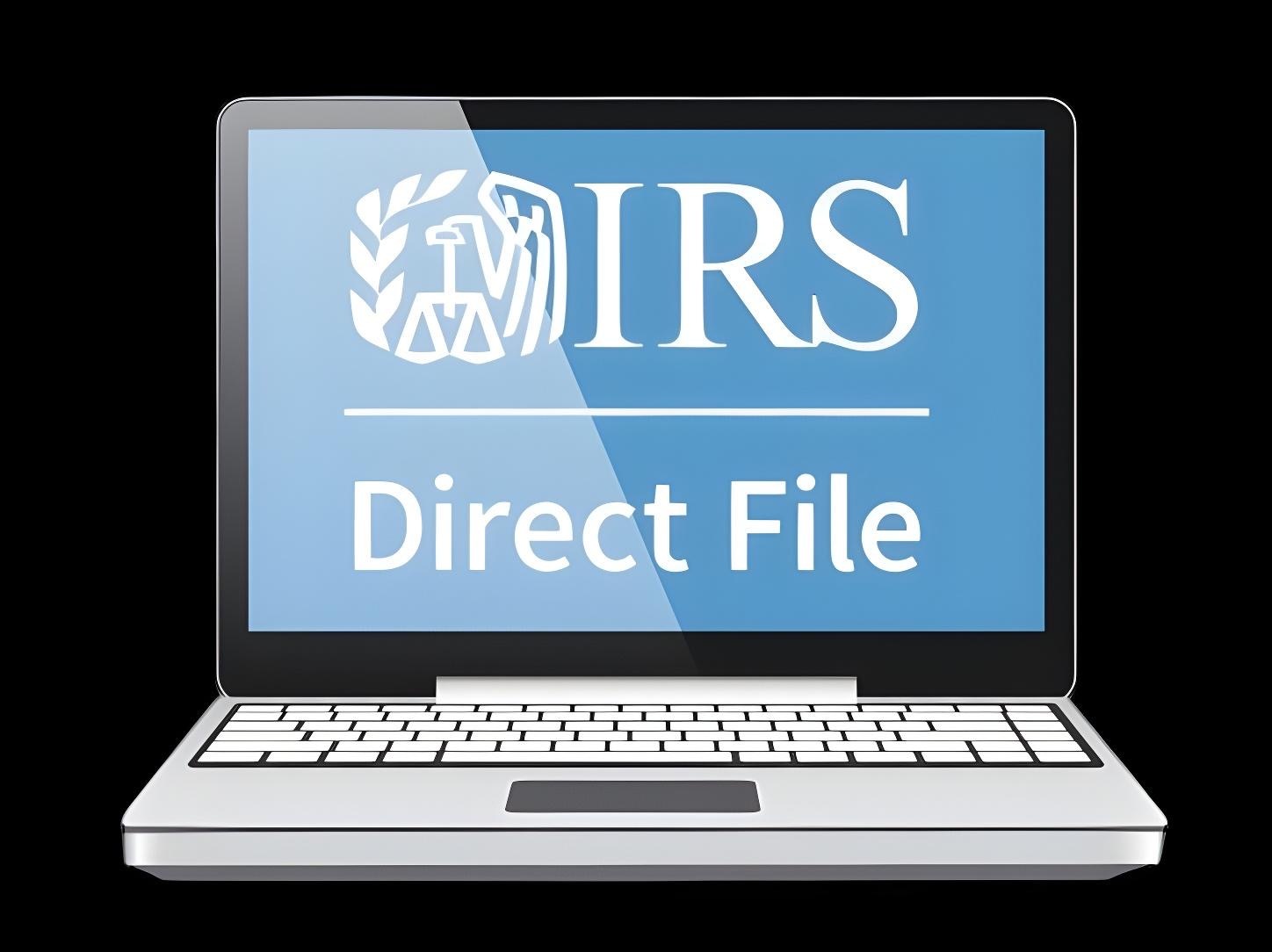By Juliet Schulman-Hall
masslive.com
(TNS)
As Harvard University and the Massachusetts Institute of Technology face a hike in an endowment tax under President Donald Trump’s “Big Beautiful Bill,” four small private Massachusetts colleges—also wealthy and elite—will escape it.
Those colleges may have a conservative college in the Midwest in part to thank.
While most of higher education has been deemed a bastion for “woke elites,” Hillsdale College, a small private Christian liberal arts school, has been held up by the Trump administration as an exception.
Despite strong ties to the Trump administration and conservative politicians, Hillsdale was set to experience an increased endowment tax along with Harvard in the House of Representatives’ version of the “Big Beautiful Bill”—from a flat rate of 1.4% to up to 21%.
And then something interesting happened—the endowment tax included in the final bill had a smaller top rate of endowment tax at 8%, and it also held an exemption for colleges like Hillsdale.
- Related article: Tax Carveout for Hillsdale College Ruled Out of Trump’s Bill
- Related article: 5 of the Biggest Effects on Higher Education in Trump Tax Law
Institutions with fewer than 3,000 tuition-paying students and more than 50% of those students are from the U.S. wouldn’t have to pay a penny.
That includes four Massachusetts elite liberal arts schools that had previously been a part of the endowment tax:
- Amherst College
- Smith College
- Wellesley College
- Williams College
“We dodged a bullet,” said Philip Levine, a professor of economics at Wellesley College.
Smith just narrowly escaped the hike with 2,857 total students enrolled in 2024-2025 academic year, according to its website.
Lobbying efforts
Hillsdale College, with its fewer than 2,000 students and roughly $1 billion endowment, is already well-connected in conservative political circles.
It is based in Michigan’s 5th Congressional District, represented by U.S. House Education and Workforce Committee Chairman Tim Walberg, a Republican.
Hillsdale’s president notably endorsed President Donald Trump in 2016 and most recently partnered with the White House on a video series about the 250th anniversary of the country’s independence. Several Trump administration positions are held by alumni of the conservative college.
The institution is most noted for not taking federal funds, including for student financial aid, and relying on private funding.
As the House’s version of the endowment tax scared higher education leaders, some presidents and institutions spoke up—or hired people to lobby for them.
Hillsdale College was among them. They hired Williams and Jensen, a lobbying firm out of D.C., for $50,000, to address “specific threats to the institutional and financial independence of the college, primarily related to the higher education endowment tax,” according to a lobbying filing.
Among the lobbyists listed is Daniel Ziegler, who was House Speaker Mike Johnson’s policy director before returning to the firm in March.
Hillsdale’s president, Larry Arnn, also authored an op-ed on May 14 in City Journal, a few days before the House of Representatives passed its bill containing a proposal for a 21% endowment tax, expressing his disdain for the provision.
“We ask no special favor. We only ask that our independence be respected—that the resources entrusted to us by citizens of goodwill remain free to serve their intended purpose,” Arnn said.
He argued that the proposed tax could harm the “very independence” of the institution and that it unfairly includes Hillsdale, which doesn’t accept federal funding.
“There is a simpler, more just alternative. Rather than taxing the voluntary gifts of citizens, we should reconsider the involuntary transfer of taxpayer dollars to institutions that no longer serve the public good. Why should the federal government continue to fund bloated universities that undermine the principles of liberty, while punishing those that defend it?” he said.
While Hillsdale aimed not to be a part of the tax, other small private institutions fought against it as well.
Williams College hired a lobbying firm, Lewis-Burke Associates, because of the Big Beautiful Bill, according to filings.
Outside of Massachusetts, institutions like Pomona College, Washington and Lee University, Davidson College and Claremont McKenna College also hired Washington lobbyists—some of them for the first time, according to Politico.
How did the endowment tax change?
Beginning in 2017, there was a federal excise tax established on the endowments of private colleges and universities with a flat rate of 1.4% for those with endowments of $500,000 or more per student.
In 2023, 56 colleges and universities paid about $380 million in endowment taxes.
The wealthiest institutions, like Harvard University, could’ve seen a jump as high as 21%, according to the House of Representatives’ version.
As the bill made its way to the Senate, things began to change.
The ceiling of 8% is applied to universities with endowments of more than $2 million per student, such as Harvard or MIT.
The tax will cost MIT around 10% of its annual central budget, according to a letter from MIT administrators.
At the same time, MIT said that they “will continue to fight strenuously in Washington, D.C., to protect MIT’s great mission.”
In the tiered system, other institutions could only see a 4% increase if their endowment is between $750,000 and $2,000,000 per student.
Institutions with endowments between $500,000 and $750,000 will only see a 1.4% tax.
A ‘welcome’ advancement for Massachusetts colleges
For the four Massachusetts colleges that are a part of the exemption, the news was seen positively.
Smith College’s spokesperson, Carolyn McDaniel, wrote in a statement that the college is “grateful” to members of Congress for “protecting” small colleges from the endowment tax hike that would harm students and educational quality.
“Small college endowments fund vast amounts of financial aid that give low-income students their best chance at graduating from college with low- to no-debt and a degree that can help increase their earning potential and their contributions to the American economy. This decision to protect small colleges will directly benefit students and their families for years to come,” McDaniel said.
Williams College also said it welcomes the news of the endowment tax, describing it as an affirmation of the “endowment’s vital importance for small, private colleges.”
“These funds ensure that we can provide a Williams education to every student, no matter their financial circumstances. They also strengthen our position as an economic driver in the community—not only is Williams a major employer, but our faculty, staff and students also contribute their time, expertise and financial support to local businesses and organizations. We are grateful for all the support we’ve received,” the college said.
Spokespeople at Wellesley and Amherst College didn’t immediately provide comment.
Should there be an endowment tax in the first place?
Those who support taxing college and university endowments explain the tax as a way to be more fair.
Congressman Troy Nehls (R-Tex.), who proposed a bill that would raise the tax on private universities’ endowments from 1.4% to 21%, said elite universities need to be held accountable.
“Universities have significantly increased tuition on America’s youth, which has overwhelmingly surpassed the average annual inflation rate. This is unacceptable. My bill would put elite universities with massive endowments on notice by holding them to the same tax standard as corporations,” he said in a January statement.
However, for higher education leaders, the tax feels unnecessary and ultimately harmful.
“I would consider this a fairly punitive tax that is just attacking a certain segment of colleges and universities,” according to Rob McCarron, president and CEO of the Association of Independent Colleges and Universities in Massachusetts (AICUM), for which all four exempt schools are members.
Public institutions, such as the University of Texas system with billions of dollars in its endowment, aren’t part of the endowment tax, he said.
Private higher education’s benefit to the economy is substantial, McCarron said. The institutions under the organization he leads generate $71 billion in impact on the state’s economy, according to a report published by the organization.
Institutions pay back the U.S. in other ways that aren’t monetary, Levine said.
“We train the next generation of leaders. The level of innovation and technological progress that results from the education we provide to our students is enormous,” he said.
Photo caption: Johnson Chapel at Amherst College in Amherst, MA. (Amherst College)
_______
©2025 Advance Local Media LLC. Visit masslive.com. Distributed by Tribune Content Agency LLC.
Thanks for reading CPA Practice Advisor!
Subscribe Already registered? Log In
Need more information? Read the FAQs




